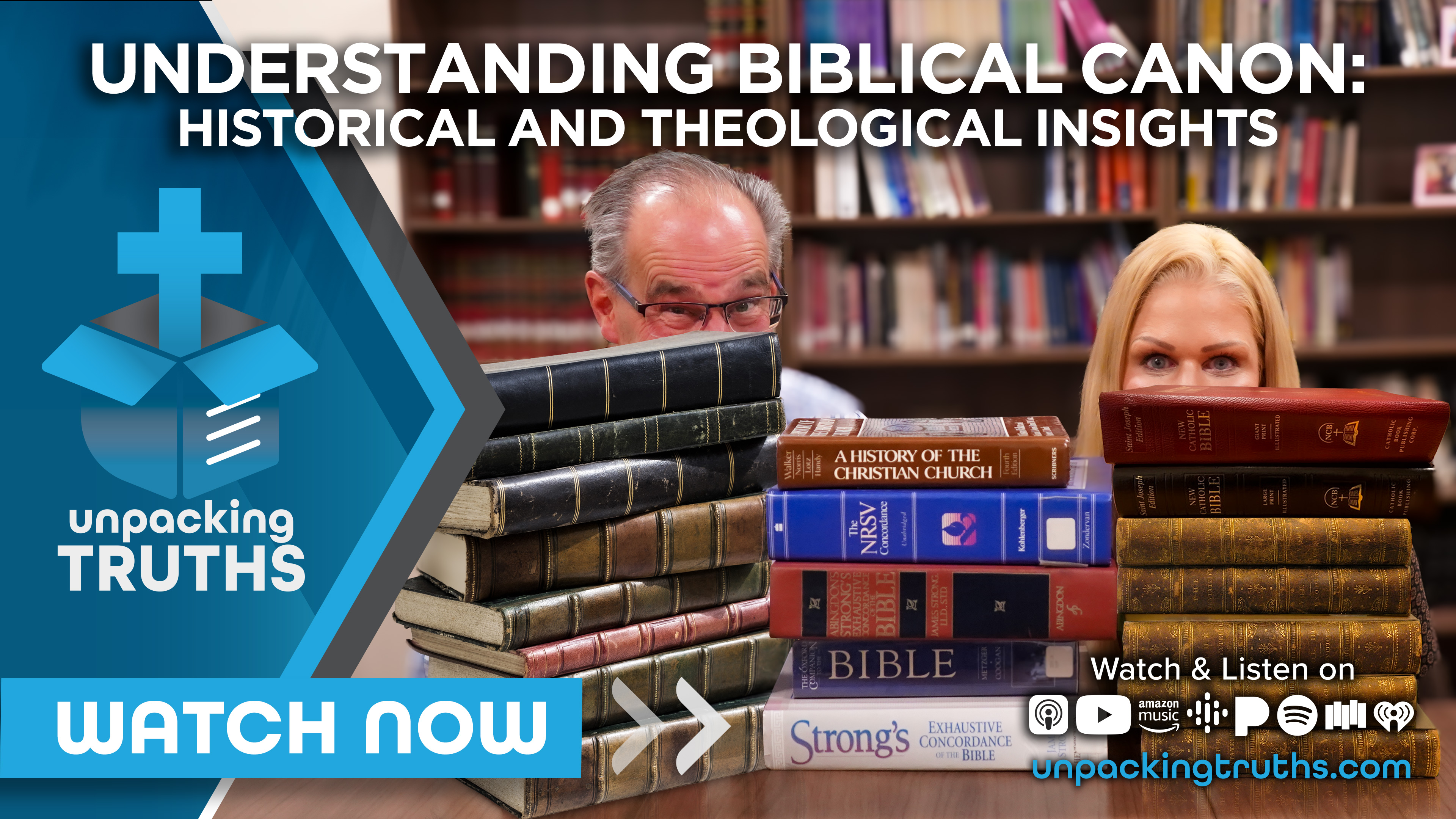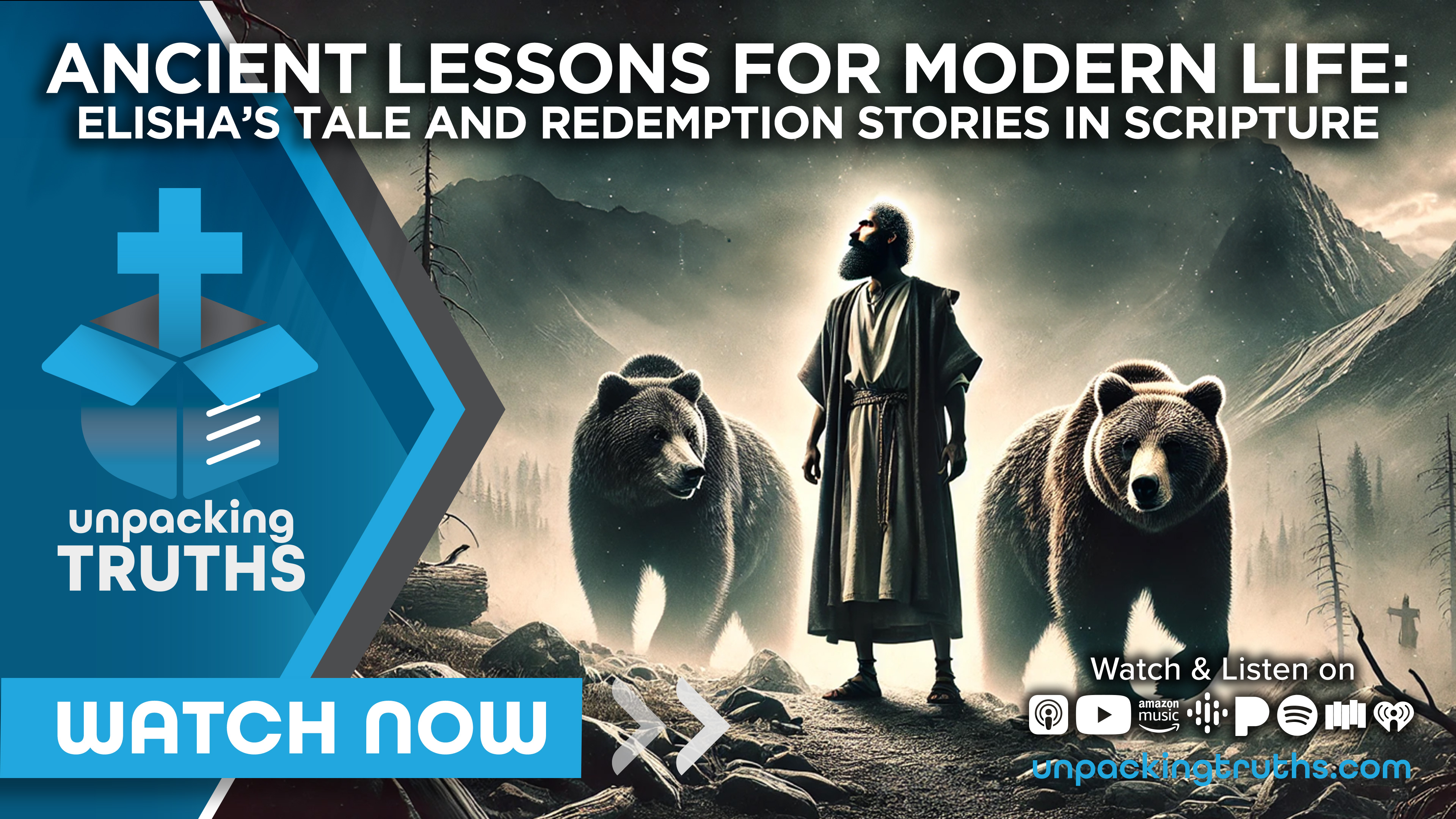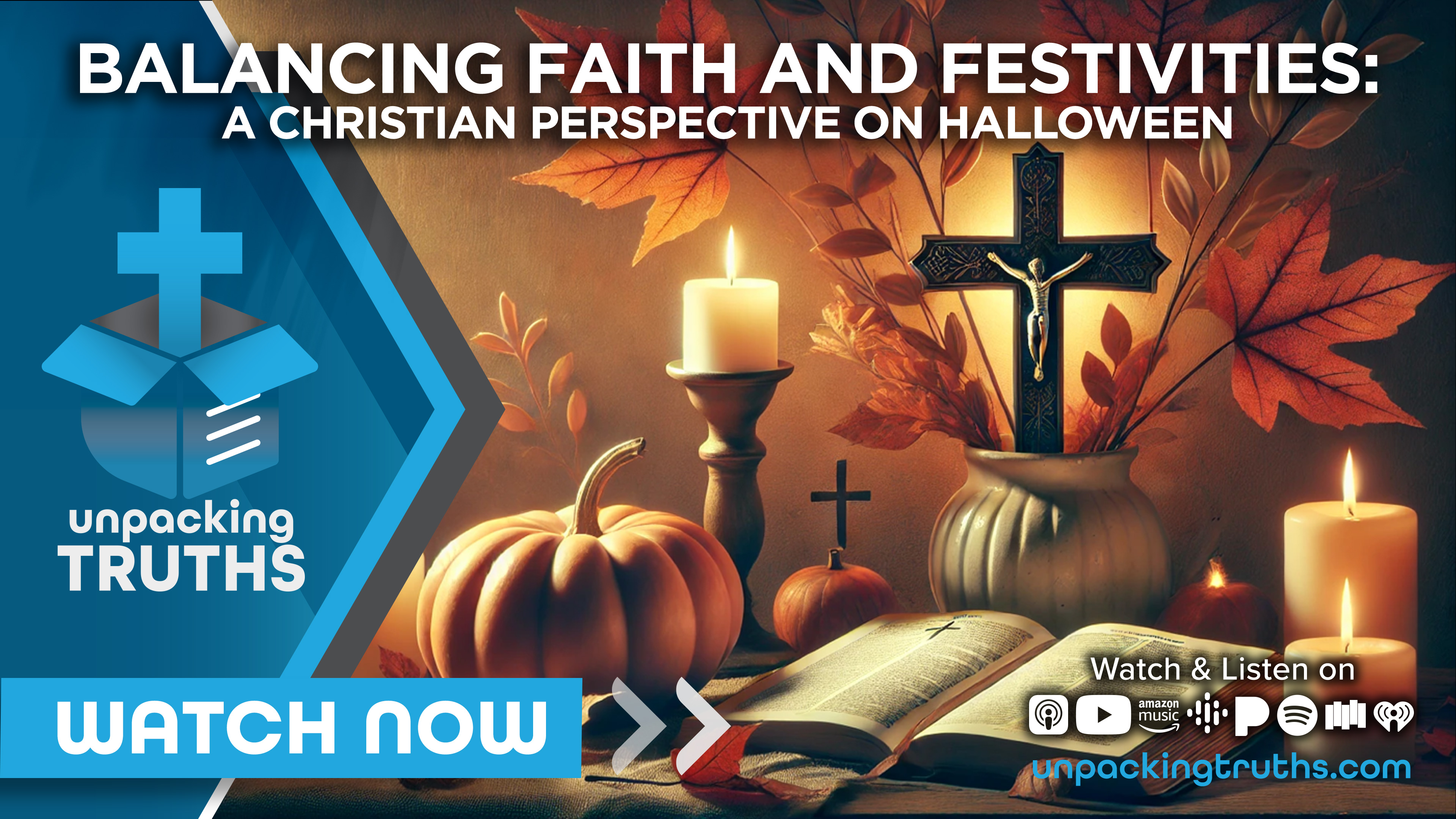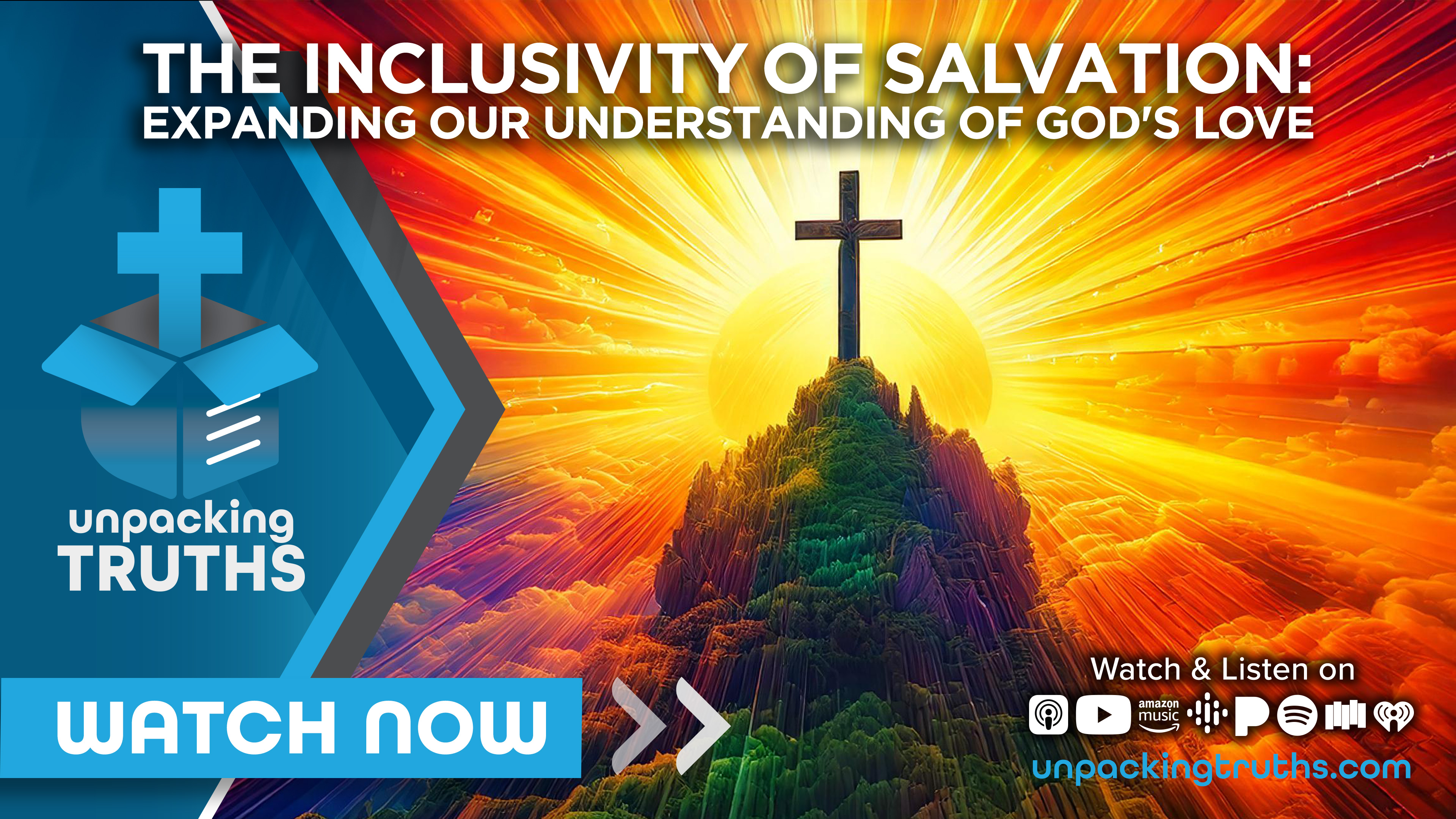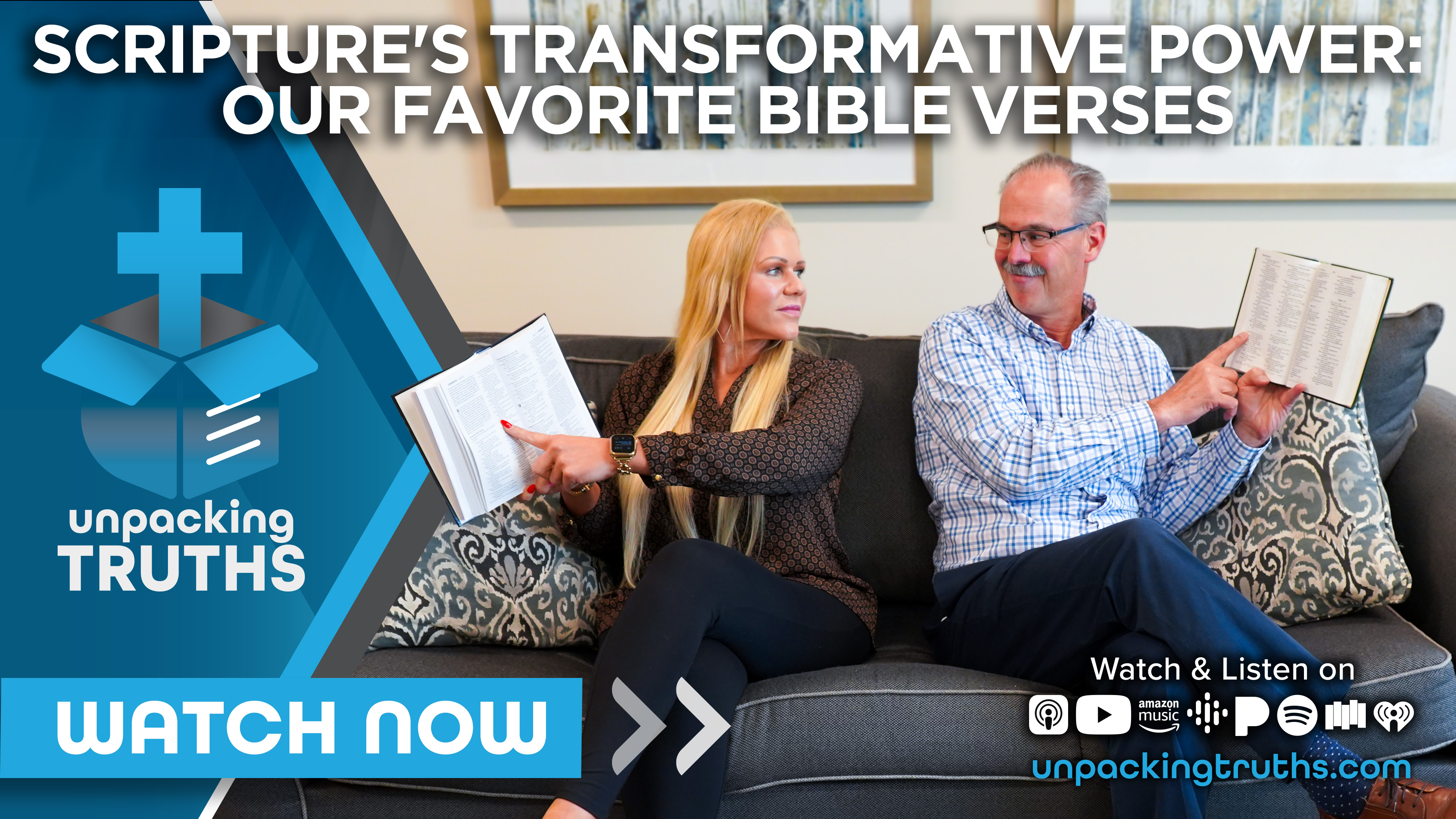Understanding Biblical Canon: Historical and Theological Insights
In this enlightening episode of Unpacking Truths, we delve into the complex and diverse world of the Bible. Titled "Understanding the Bible's Diversity: Historical and Theological Insights," the episode offers a comprehensive exploration of the variations in biblical texts across different religious traditions. The episode is segmented into distinct chapters, each focusing on different aspects of the Bible's formation and the historical context that shaped it.
Exploring the Variations in Biblical Texts
The journey begins with an exploration of the differences between the Jewish Hebrew Bible, the Protestant Old Testament, the Roman Catholic, and Eastern Orthodox canons. These variations highlight the discrepancies in the number of books each tradition includes, with the Protestant Bible containing 39 books, the Roman Catholic Bible 46, and the Eastern Orthodox Bible 49 or 50. This diversity stems from the inclusion or exclusion of the Apocrypha or Deuterocanonical books, which are embraced by some Christian traditions but not others. The historical significance of these books, often written during the 400 years of silence between the Old and New Testaments, is also discussed, shedding light on their impact on different religious traditions.
The Origins and Development of the New Testament
As the episode progresses, it delves into the origins and development of the New Testament. Paul's letters, written between 40 and 55 AD, are highlighted as some of the earliest New Testament writings. These letters addressed specific issues in early Christian communities and gradually gained recognition as Holy Scripture due to their universal principles. The need to document Jesus' teachings and biography became urgent as the first generation of eyewitnesses began to die out, leading to the creation of the Gospels between 65 and 95 AD. The emergence of other writings, such as the Gnostic Gospels, is also examined, along with the early church's efforts to discern authentic apostolic teachings from speculative accounts.
The Canonization Process of the New Testament
The episode further explores the complex process of determining which texts were considered sacred and the pivotal milestones in the New Testament's canonization. Key figures like Athanasius and his 39th Festal Letter, which formally listed the 27 books of the New Testament, are highlighted. The discussion also addresses the controversies surrounding apocryphal and Gnostic gospels, such as the Gospel of Thomas, and the importance of a unified and trusted canon for guiding faith and practice.
Reflection on the "Our Father" Prayer
The episode wraps up with a reflection on the prayer "Our Father," emphasizing the line "thy kingdom come, thy will be done on earth as it is in heaven," and encouraging listeners to engage with God's vision of a welcoming and loving kingdom.
Commentary and Insights from Pastors Kendall and Mo
Throughout the episode, the hosts, Pastor Kendall and Pastor Mo, provide insightful commentary and historical context, making the complex history of the Bible accessible and engaging for listeners. They emphasize the notion of divine inspiration, not only in the writing of these texts but also in the process of discerning which books should be considered authoritative. This dual aspect of inspiration underscores the belief that God guided both the authors and the early church leaders in shaping the Bible as we know it today.
The Significance of the Apocrypha
One of the most intriguing aspects of the episode is the discussion on the Apocrypha or Deuterocanonical books. These books, written during the intertestamental period, provide valuable insights into the historical and religious context of that time. The hosts discuss various books, such as Tobit, Judith, and 1 and 2 Maccabees, highlighting their significance and why they are included in some Christian traditions but not others. The episode also touches on the Wisdom of Solomon and other writings that offer a deeper understanding of the Jewish faith and its evolution during this period.
The Emergence of New Testament Writings
The emergence of the New Testament writings is another focal point of the episode. The hosts explain how Paul's letters, initially written to address specific issues within early Christian communities, were gradually recognized as Holy Scripture. These letters, including Romans, 1 Corinthians, and Galatians, were shared among different communities and began to be seen as divinely inspired. The creation of the Gospels, driven by the need to document Jesus' teachings as His first-generation eyewitnesses began to pass away, is also discussed. The hosts provide a chronological overview of the Gospels' authorship, noting that Mark's Gospel was likely the first to be written, followed by Matthew, Luke, and John.
Challenges of Distinguishing Authentic Teachings
The episode also delves into the challenges faced by the early Christian community in distinguishing authentic apostolic teachings from speculative accounts. The Gnostic Gospels, such as the Gospel of Thomas, are examined, with the hosts explaining why these writings were ultimately excluded from the canon. The process of canonization, particularly the role of key figures like Athanasius, is highlighted, showcasing the efforts to establish a unified and trusted collection of sacred texts.
A Vision of God's Kingdom
In the final segment of the episode, the hosts reflect on the profound meaning behind the prayer "Our Father," particularly the line "thy kingdom come, thy will be done on earth as it is in heaven." They discuss Isaiah's vision as a representation of God's kingdom, emphasizing the beauty of God's creation in all its diversity. The conversation highlights the concept of a loving God who desires a welcoming and open space for all, encouraging listeners to build relationships with one another and engage with the topics discussed in the episode.
Overall, this episode of Unpacking Truths provides a comprehensive and enlightening exploration of the Bible's formation, its diverse canons, and the historical and theological insights that have shaped it. The hosts' engaging commentary and deep understanding of the subject matter make this a must-listen for anyone interested in the history and development of the Bible as we know it today.
To watch the full espidoe, click HERE.
#UnpackingTruths #BiblicalCanon #BibleHistory #OldTestament #NewTestament #Apocrypha #ChristianTraditions #DivineInspiration #EarlyChurchHistory #ScripturalAuthority
RECENT POSTS

